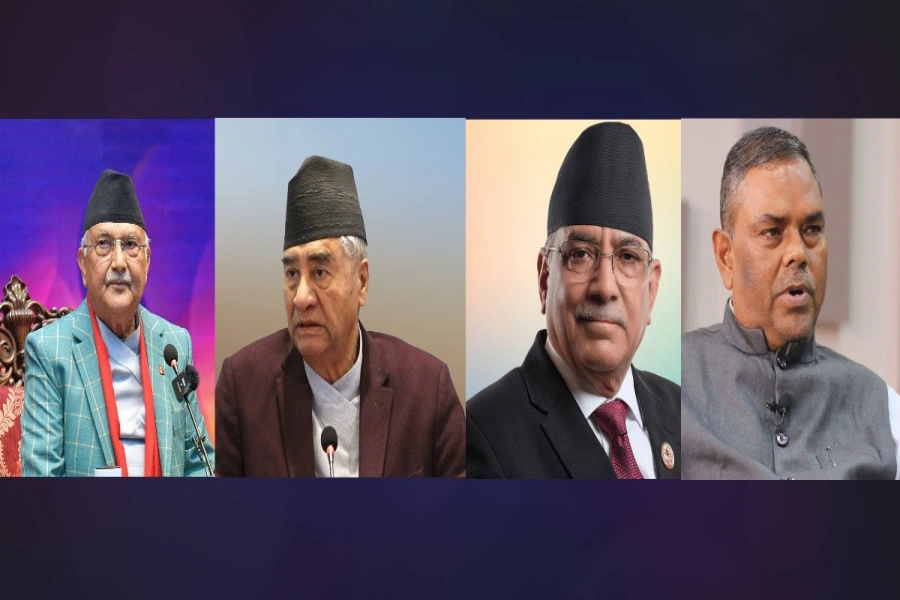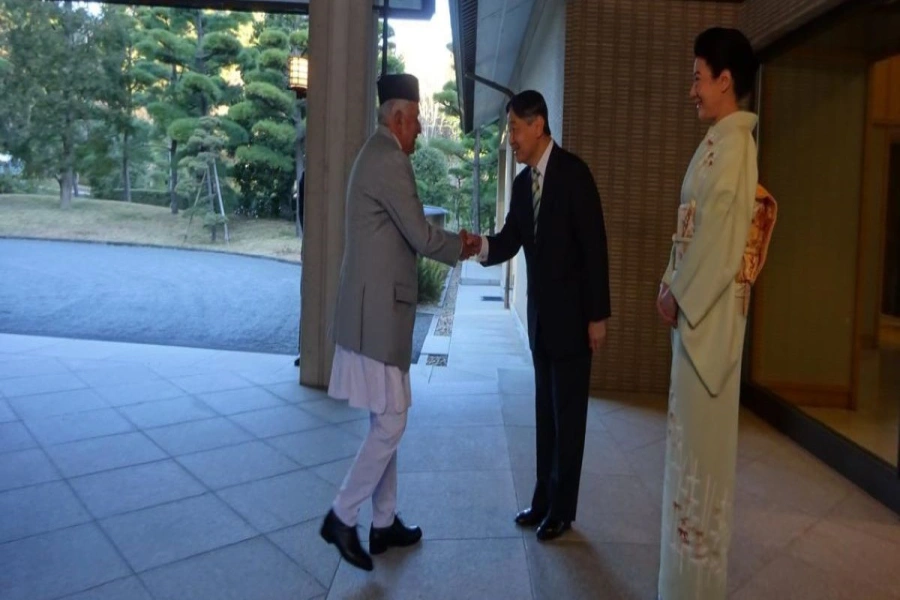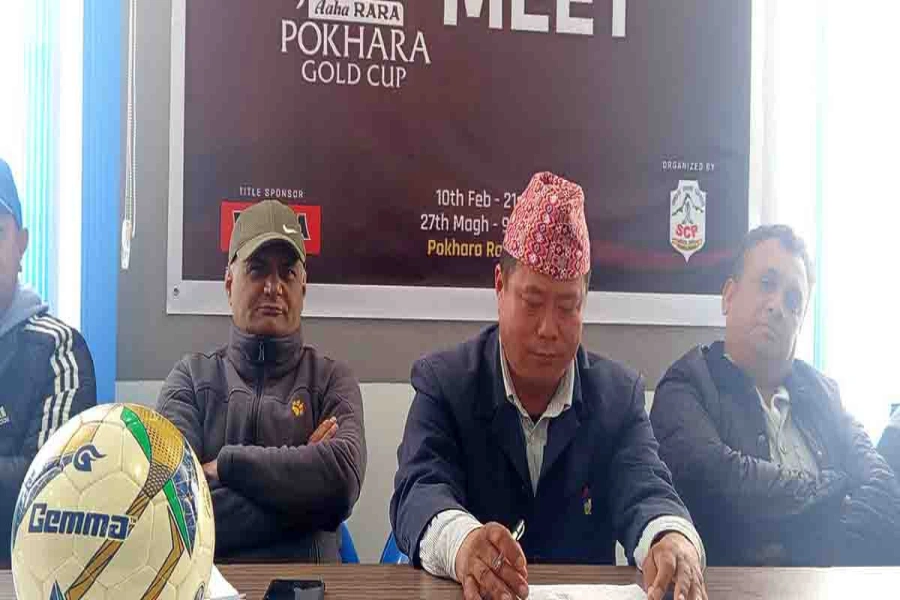Thamel was recently declared a no-vehicle zone, leaving the roads only to the people. The ban on vehicles has lessened pollution as well as traffic congestion around the tourist hub. The new rule, however, has drawn mixed reaction from Thamel locals.
A joint initiative of Kathmandu Municipality, Metropolitan Police Division and Thamel Development Council made the country’s biggest tourist hub, a no-go zone for vehicles on October 22.
This policy was first brought up at the start of October. Regular meetings since October 10 to 20 with delegates from the Metropolitan Traffic Police Division, Tourism Board of Thamel and others, Thamel was set to be announced as a vehicle-free area, said Binod Ghimire, spokesperson of Metropolitan Traffic Police Division.
Many areas in different cities around the world have implemented the same policy to ensure a boost in tourism. Ghimire believes this policy would also massively boost tourism in Thamel.
According to this policy, vehicles except some essential ones such as drinking water, ambulance, tourism and security, will not be allowed to ply though the area. Officials will seize the vehicle and charge fine if any vehicle, barring the essential ones, be it a two wheeler or a four wheeler, is found around the area.
Ghimire said the main concern of Thamel locals, to one’s surprise, was that the vehicle ban has only been implemented in certain parts of the area. In the first phase, the ban has been implemented from Prayatan Marg to Saat Ghumti Chowk and Hotel Buddha to JP Chowk on the Chaksibari road. The public wants the ban to be implemented all over Thamel.
One actually realizes the pleasant change that occurred only after personally visiting Thamel. Cleanliness activities have started in the area, plans to boost floriculture are taking a right direction, and the results are expected to be fruitful. “Clean environment with manageable number of people and negligible traffic for a tourist hub is what we want,” added Ghimire.
Meanwhile, the vehicle restriction has left many tourists traveling from airport to their hotels stranded. Many were seen outside the banned area with their luggage, while others were searching their way to the hotel with their heavy bags.
The vehicle ban will certainly cause issues particularly to the residents of the area who use vehicles as they won’t be allowed to neither drive nor park vehicles in their houses anymore. So, this leaves no option for the people other than resting their vehicles on the parking lots outside Thamel. The busy
tourist hub and its residents will not have to adapt living with this as a habit.
Considering Ghimire’s views, we were curious to tally things from his perspective to that of the perceivers in Thamel. Turns out, tourists more than the general public have been affected by the policy.
Tenzing Lama, Operational Manager at the Dalai-La Boutique Hotel, said the tourists already staying at the hotel viewed the ban as a positive step as the roads look wider and there is less noise pollution as they walk around the area.
“Meanwhile, tourists who are checking in and checking out are having problems. They have to walk with their luggage to reach the hotel or get to the airport, and it’s a nuisance for them. At the same time, our staffers are also having problems to reach here. But the NTB has given us tokens so that they can enter the area regardless of the ban,” Tenzing added.
US Ambassador’s planned public interaction on social media draw...











_20231230161525.jpg)

























